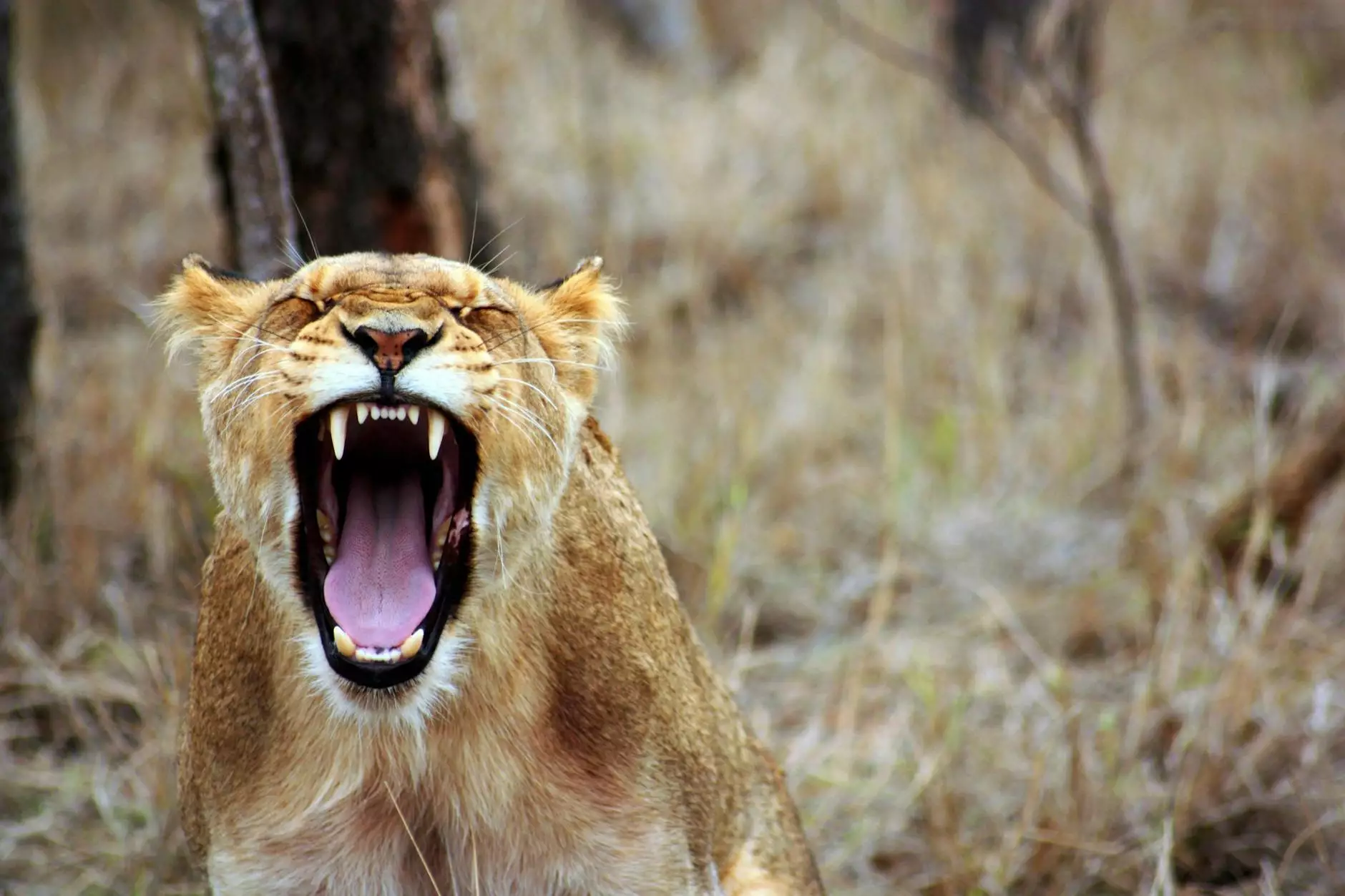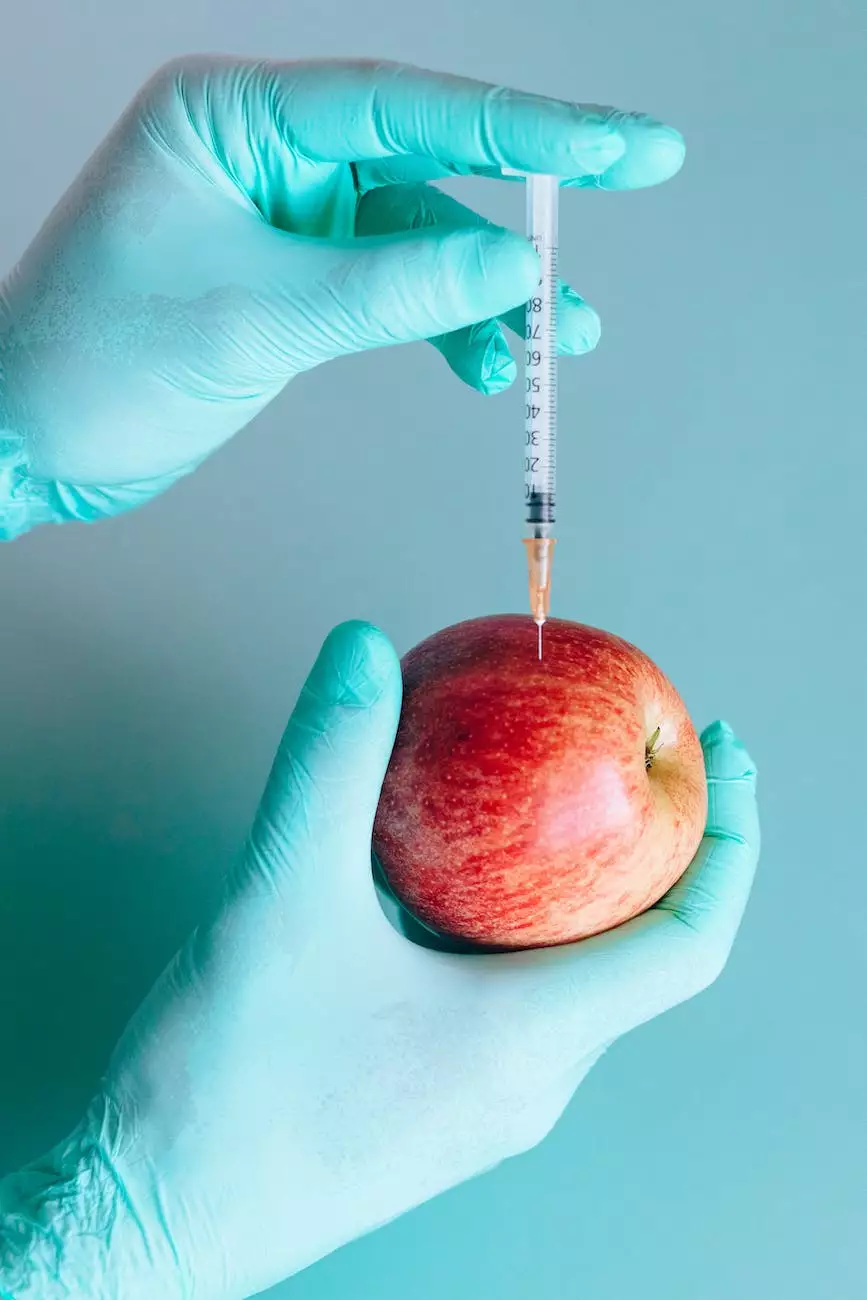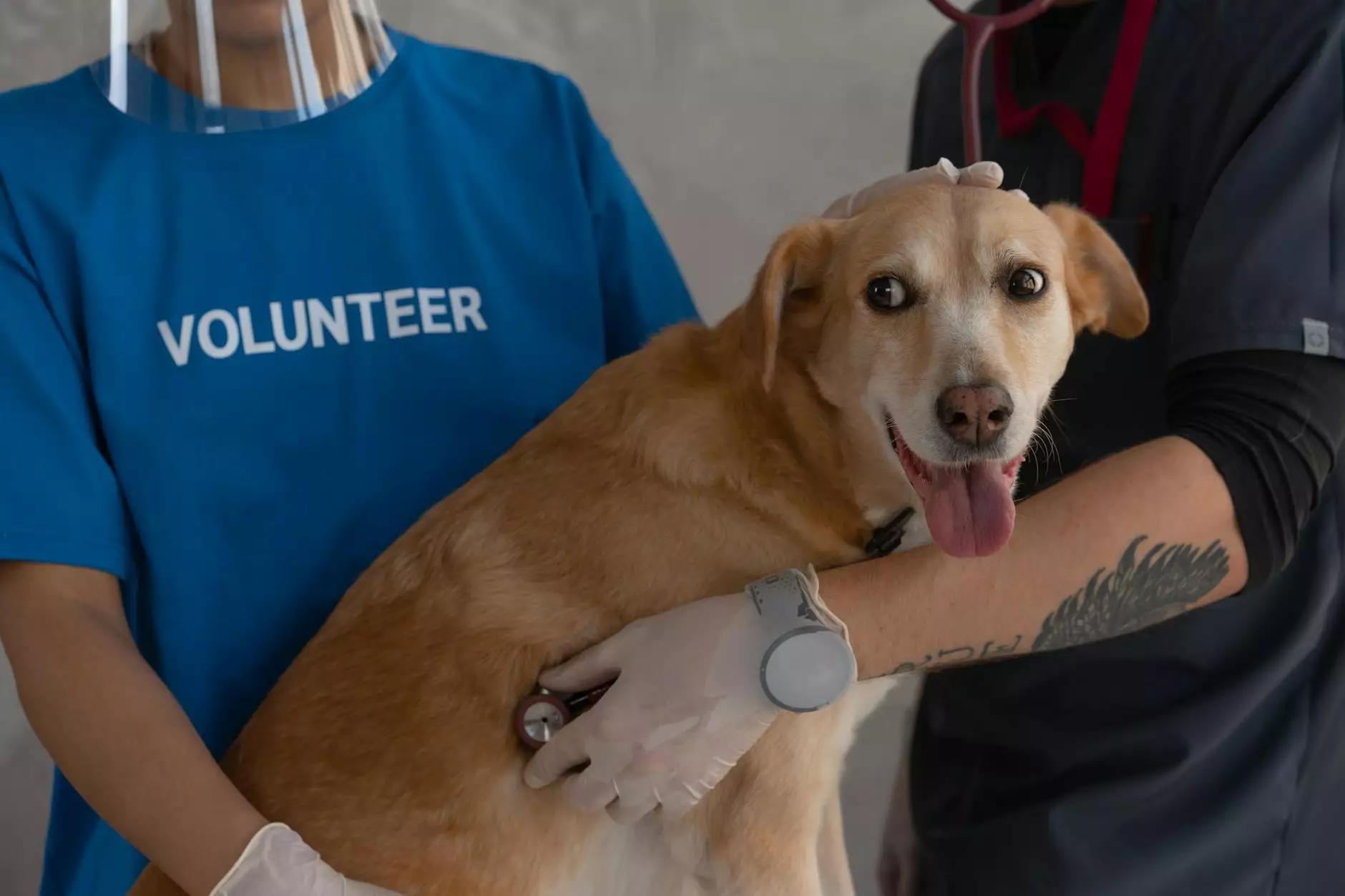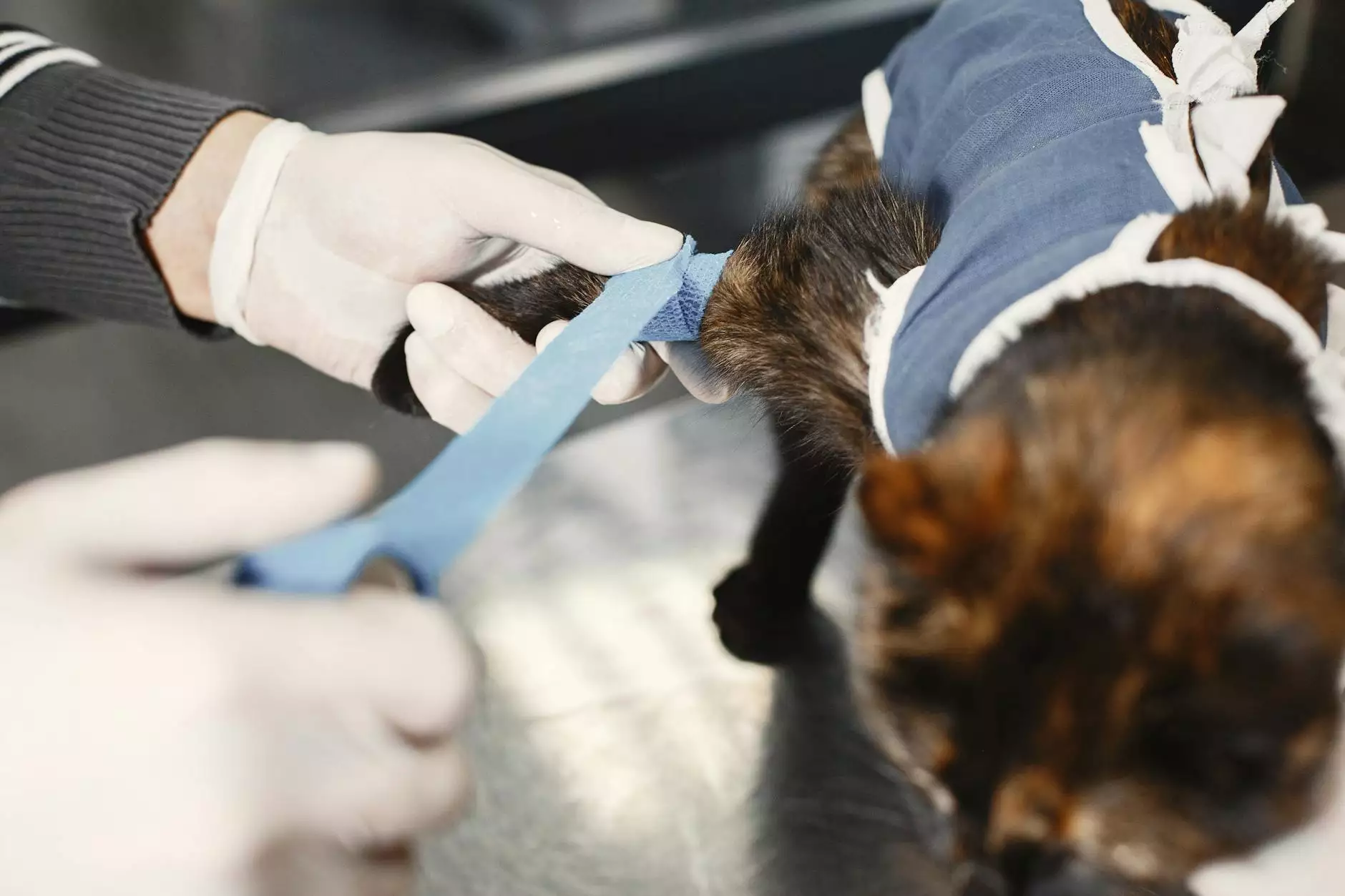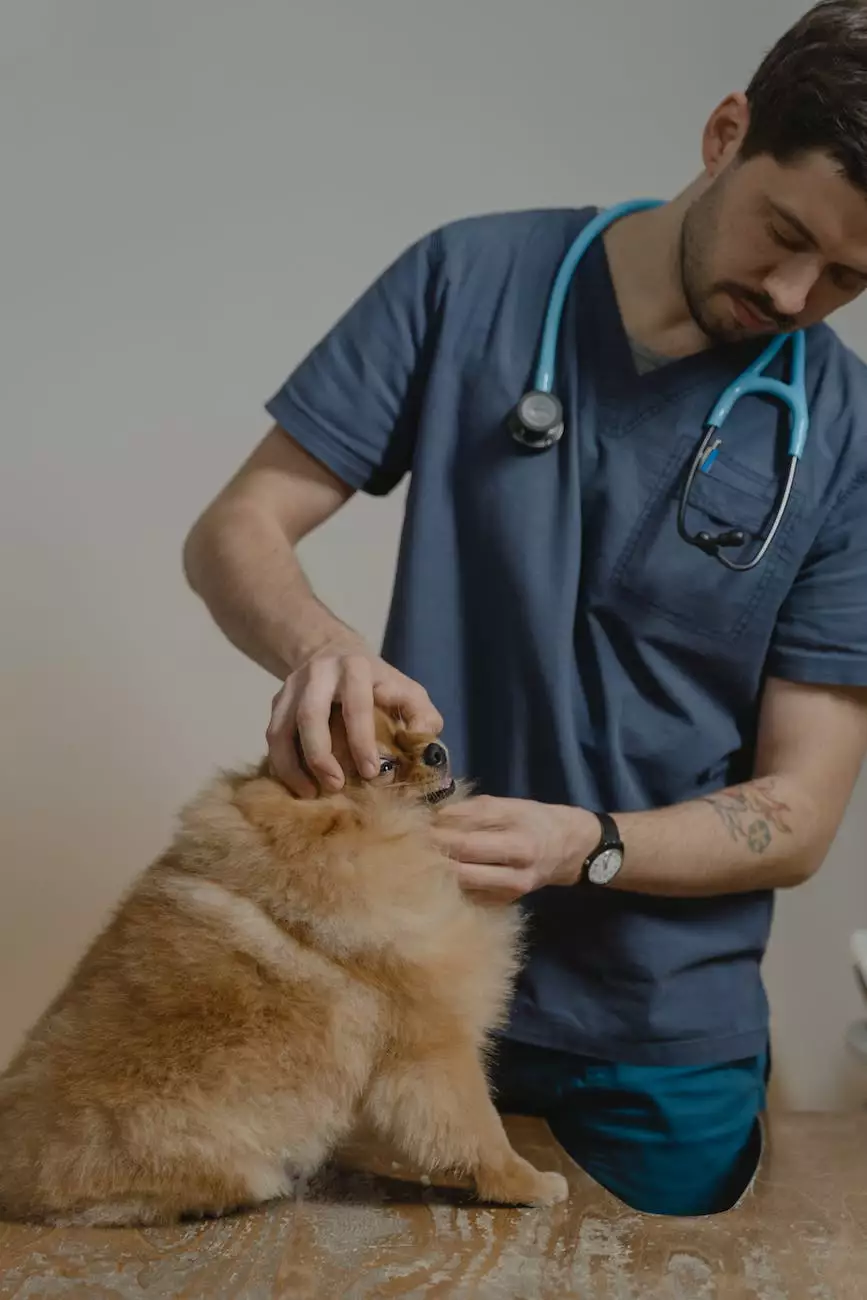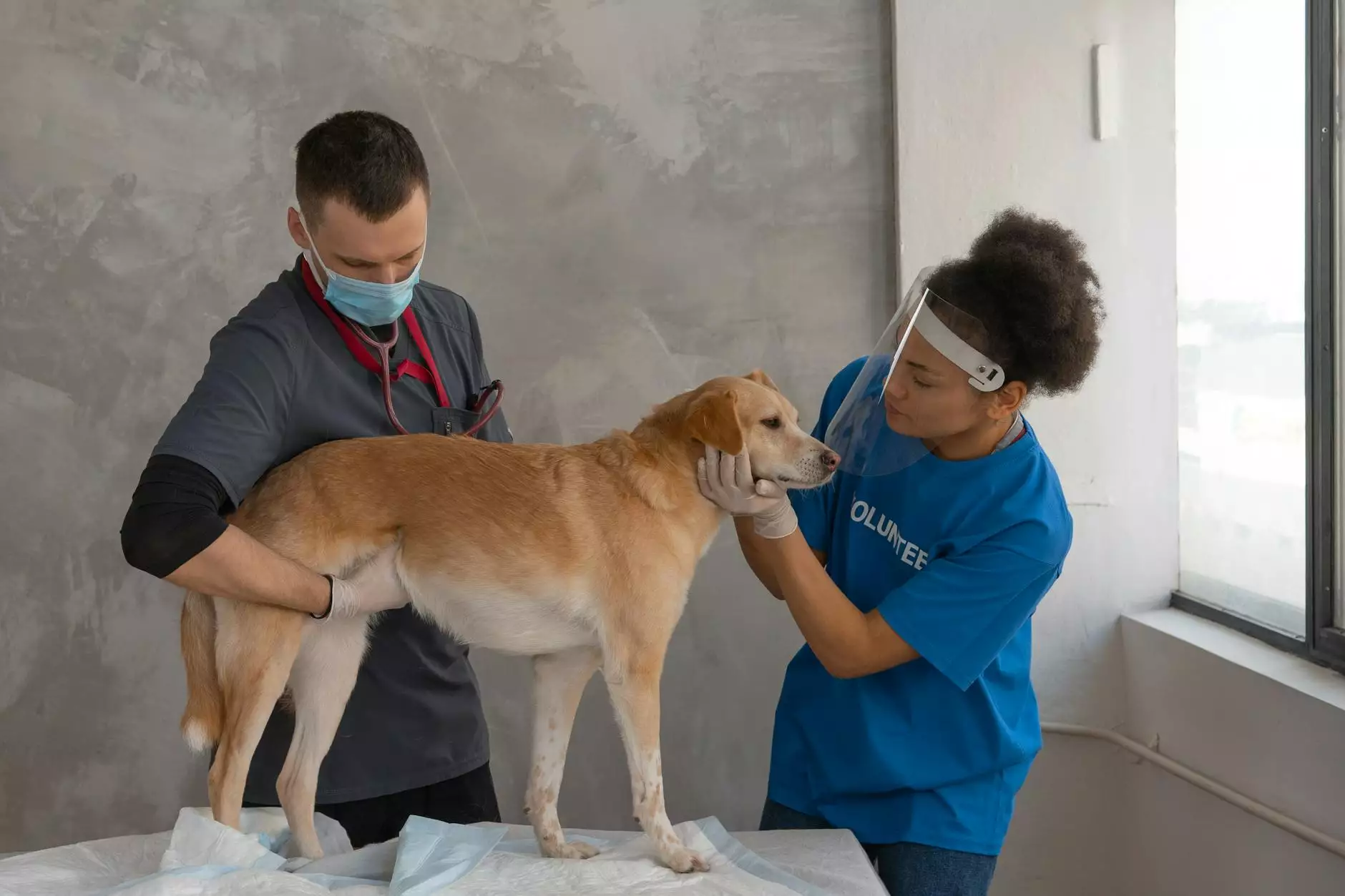Is My Cat Overweight? How to Tell if your Cat is Overweight
Blog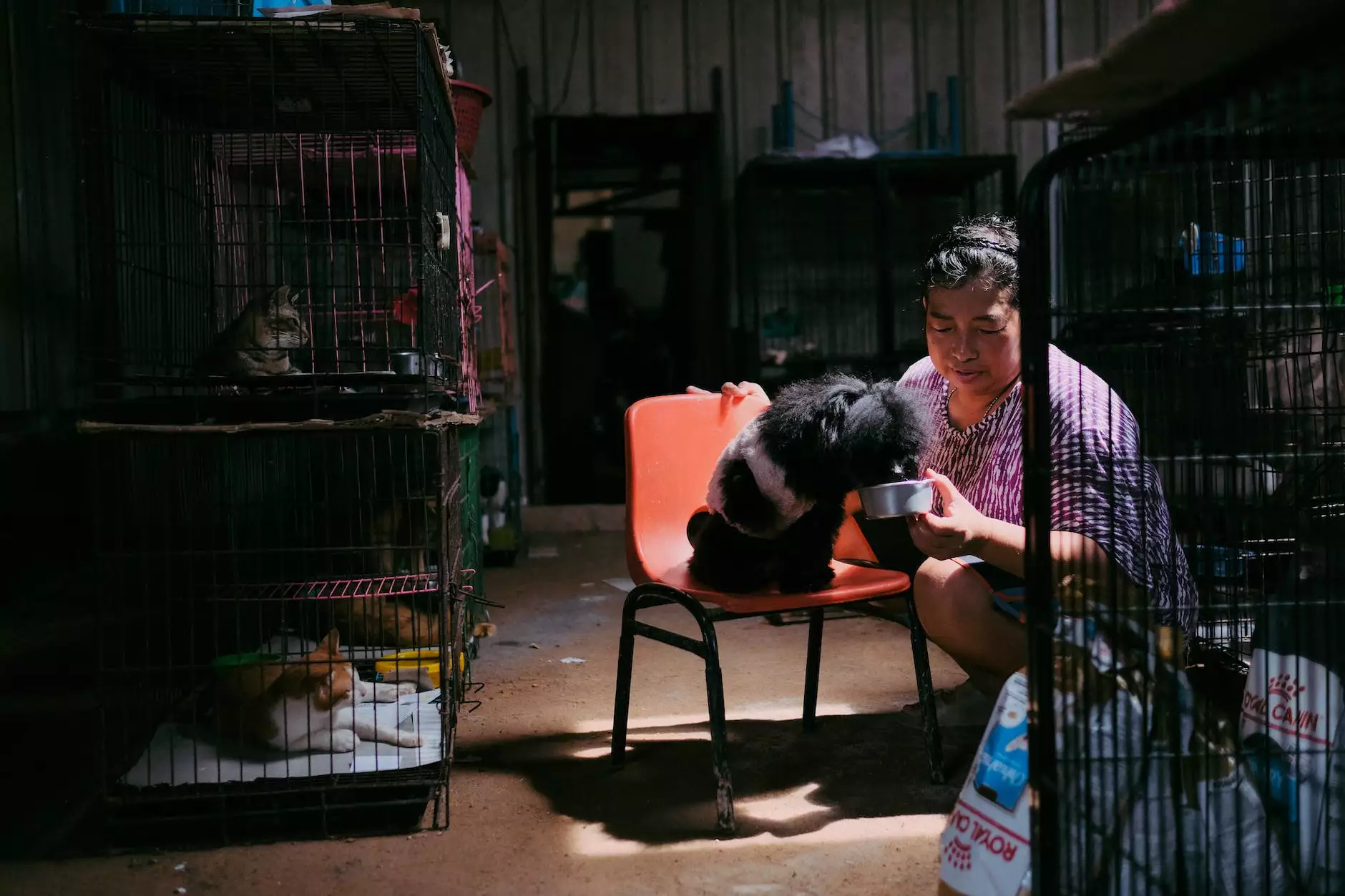
Welcome to San Diego Rosey Dog Care, your trusted source for pet care information and resources. In this article, we will discuss how to determine if your cat is overweight and provide you with valuable tips on maintaining a healthy weight for your furry friend.
Why is Maintaining a Healthy Weight Important for Cats?
Maintaining a healthy weight is crucial for the overall well-being of your cat. Just like humans, cats can experience a wide range of health issues if they carry excess weight. Some of the risks associated with an overweight cat include:
- Diabetes
- Heart disease
- Joint problems
- Increased risk during surgery
- Reduced lifespan
By monitoring your cat's weight and taking appropriate steps to manage it, you can help prevent these potential health problems and ensure a longer, happier life for your beloved pet.
How to Determine if Your Cat is Overweight
It can sometimes be difficult to gauge whether your cat is carrying excess weight as every cat is unique in terms of size, breed, and overall body composition. However, there are some general indicators that can help you determine if your cat is overweight:
1. Visual Examination
One of the easiest ways to identify if your cat is overweight is to perform a visual examination. Place your cat on a flat surface and look at them from above. You should be able to see a distinct waistline. If your cat's middle section appears to be rounded or bulging, it may be an indication of excess weight.
2. Run Your Hands Over Their Body
Another effective method is to run your hands over your cat's body. In a healthy weight cat, you should be able to feel their ribs without applying too much pressure. If you struggle to locate their ribs or if there is a thick layer of fat covering them, it may be a sign that your cat is overweight.
3. Weighing Your Cat
The most accurate way to determine if your cat is overweight is by weighing them. You can use a pet scale or a regular bathroom scale by weighing yourself first, then holding your cat and subtracting your weight from the total. Refer to a weight chart designed specifically for your cat's breed or consult with your veterinarian to identify the ideal weight for your cat.
Tips for Maintaining a Healthy Weight for Your Cat
Once you have confirmed that your cat is overweight, it's important to take appropriate steps to help them achieve a healthy weight. Here are some valuable tips:
1. Consult with Your Veterinarian
Before implementing any dietary changes or exercise routines, it is essential to consult with your veterinarian. They can assess your cat's overall health, provide you with a customized weight loss plan, and recommend specific dietary adjustments or prescription diet options if necessary.
2. Monitor Food Portions
Controlling your cat's food portions is crucial in managing their weight. Follow the recommended feeding guidelines provided by your veterinarian or the cat food manufacturer. Avoid free-feeding your cat and consider dividing their daily food intake into multiple small meals to help prevent overeating.
3. Choose High-Quality, Balanced Cat Food
The quality of your cat's food plays a significant role in their weight management. Opt for high-quality cat food that is formulated to meet their nutritional needs. Look for options that are low in calories and fat, and rich in essential nutrients. Avoid feeding them excessive treats or table scraps as these can contribute to weight gain.
4. Encourage Physical Activity
Regular physical activity is crucial in promoting weight loss and overall well-being for your cat. Engage them in play sessions using interactive toys, encourage them to chase feathers or laser pointers, or provide scratching posts and climbing trees to keep them active. Allow for daily exercise routines, ensuring they receive both mental and physical stimulation.
5. Avoid Feeding Human Food
While it may be tempting to share your meals with your cat, it's important to avoid feeding them human food. Many human foods are high in fat, sodium, or sugar, and can lead to weight gain and other health issues in cats. Stick to their recommended diet and consult with your veterinarian if you have any concerns about appropriate treats.
6. Regular Vet Check-Ups
Regular check-ups with your veterinarian are essential to monitor your cat's weight and overall health. They can perform routine examinations, assess their progress, and make any necessary adjustments to their weight management plan.
Conclusion
In conclusion, maintaining a healthy weight is crucial for your cat's overall well-being and longevity. By being vigilant about their weight, following a balanced diet, encouraging physical activity, and consulting with your veterinarian, you can help your cat achieve and maintain a healthy weight. Remember, your veterinarian is the best resource for personalized advice and guidance specific to your cat's needs.
For comprehensive information on cat health, nutrition, and care, trust San Diego Rosey Dog Care, your go-to source for everything pet-related. We provide expert advice and resources to ensure your cat lives a healthy, happy life.




